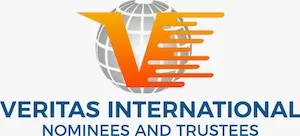In this article, we will be discussing unfair competition. Today, many companies and enterprises encounter unfair competition on a daily basis, but only a tiny percentage of them take legal action to protect their interests.
What is unfair competition? Unfair competition refers to when another business gains a competitive advantage or attempts to do so by using deceptive, unfair, wrong, or fraudulent business practices.
The most common examples of unfair competition practices are: trademark infringement; product disparagement; stealing a competitor's trade secrets or confidential information; trade dress violation which is copying the physical appearance of a product from a competitor; misrepresentation of the source of a product; etc. These actions are detrimental to the growth and development of small and medium- sized enterprises as it results in loss of market share, reduced profitability, and sometimes even bankruptcy.
It is important to note that the Ghana International Trade Commission, established by an Act of Parliament in September 2016, has been empowered to ensure fair competition for persons engaged in domestic production and international trade; overseeing Ghana's compliance with international trade rules and regulations; protecting the domestic industry or market from the impact of unfair trade practices and ensuring transparency, fairness, efficiency and objectivity in the application of measures affecting international trade and the use of world trade measures.
Do not let this happen. Take action as soon as you notice that your competitors are engaging in unfair, deceptive, or fraudulent conduct to get the upper hand.
The content of this article is intended to provide a general guide to the subject matter. Specialist advice should be sought about your specific circumstances.

